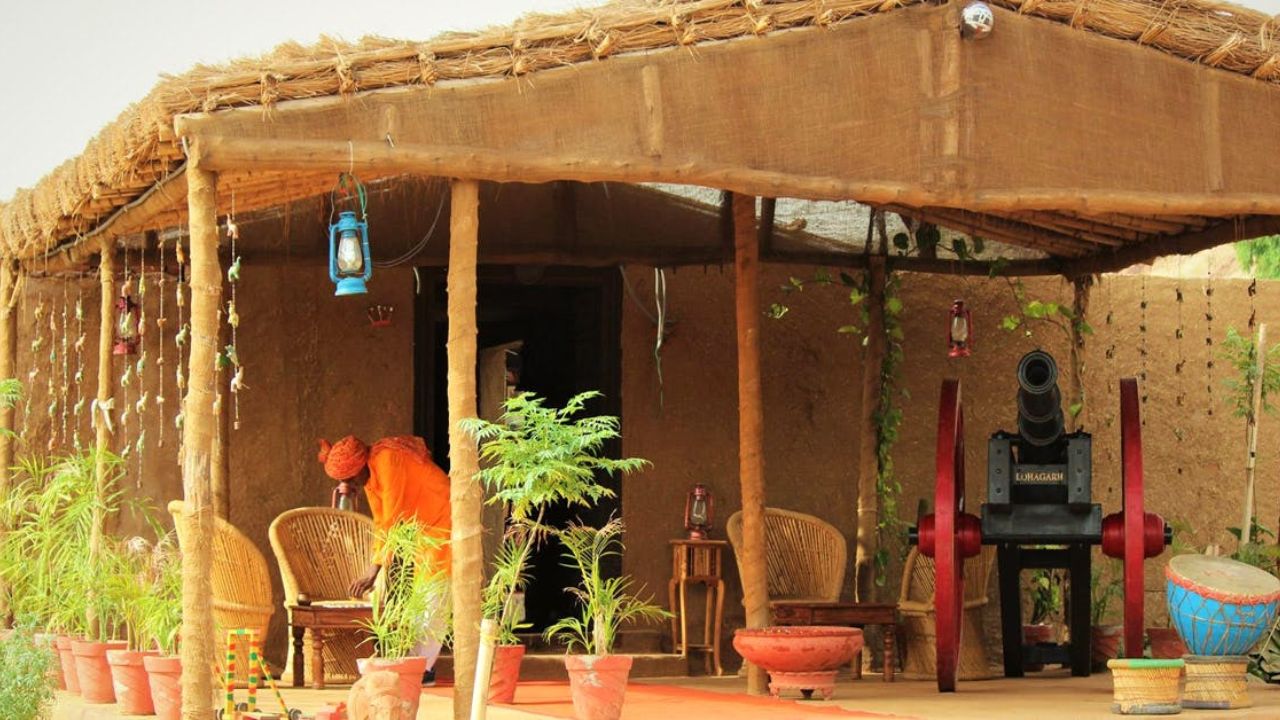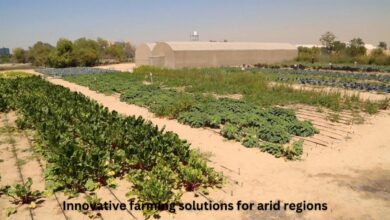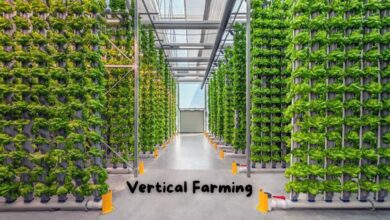How to start a small organic farm : Your Complete Guide 2024
How to start a small organic farm in India is both rewarding and challenging. This guide will help you turn your dream of sustainable farming into reality. It covers everything from how to start a small organic farm to the organic farming setup cost in India and how to start organic farming at home.
You’ll learn the benefits of organic farming and how to make a strong organic farming business plan. This will help you set up a successful small organic farm in India. You’ll find out the best ways to do organic farming in India and how to make a profit from it.

How to start a small organic farm
If you’re ready for an exciting venture that mixes your love for the environment, health, and business, let’s start with starting a small organic farm. We’ll look into the cost of organic farming in India together.
Understanding the Benefits of Organic Farming
The need for sustainable farming is growing. Organic farming is key to this movement. It brings many benefits for the environment and our health.
Environmental Sustainability
Organic farming aims to lessen the harm agriculture can do to the environment. It stops using harmful chemicals like pesticides and fertilizers. This helps protect nature and keeps ecosystems healthy.
Organic farming also cares for the soil. It uses methods like rotating crops and planting cover crops. These help make the soil rich and fertile naturally.
Health and Wellness
Organic farming is good for our health too. Organic food is full of important nutrients like vitamins and antioxidants. It also has fewer harmful substances, making it safer to eat.
Also Read : Discover Benefits of Vertical Farming Systems 2024
Choosing organic farming helps the planet and us. By picking organic products, we support a healthier earth and life.
Assessing Your Resources and Capabilities
Starting a small organic farm needs careful thought about what you have and can do. Before you start, look at the land, water, and money you have. Also, think about your knowledge, skills, and experience in sustainable farming.
To make your organic farm successful, know the typical startup costs and land requirements for organic farming in India. This will tell you if you have enough to start your farm.
How to start a small organic farm Land and Water Resources
The size and quality of your land are key for organic farming. Think about soil fertility, water access, and sunlight. Organic farming usually needs more land than regular farming, so make sure you have enough space for your crops and animals.
Also Read : Modern Farming Equipment and Technology Advances 2024
You’ll also need good water for irrigation and farm activities. Look at the water options in your area, like groundwater, surface water, or rainwater systems.
Financial Resources
Organic farming costs more at the start than regular farming, because of organic certification, special equipment, and the time it takes to fully produce organically. Figure out your organic farming startup costs in India, including:
- Land costs or lease
- Soil prep and amendments
- Irrigation systems and water setup
- Organic seeds, seedlings, or livestock
- Organic fertilizers and pest control
- Farm equipment and machinery
- Organic certification fees
Knowledge and Skills
Organic farming needs certain skills and knowledge. Check your skills in areas like:
- Organic farming methods
- Soil health
- Organic pest and disease control
- Crop rotation and planting with others
- Livestock care and well-being
- Selling organic products
If you’re missing skills, think about getting training, finding a mentor, or hiring skilled workers to help you.
By looking closely at your resources needed to start an organic farm, you can make sure you’re ready. This will help your small organic farm start strong and succeed.
How to start a small organic farm Selecting the Right Crops and Livestock
Choosing the best crops and livestock for your small organic farm is key to success. You must think about climate, soil, and market demand. Knowing what organic crops and livestock need helps you pick the best for your area and market.
Climate and Soil Suitability
When picking crops for organic farming in India, look for ones that do well in your climate and soil. Some top organic crops for different Indian regions are:
- Fruits: Mangoes, oranges, apples, and bananas
- Vegetables: Tomatoes, spinach, carrots, and broccoli
- Grains: Wheat, rice, and millets
- Pulses: Chickpeas, lentils, and pigeon peas
For organic livestock farming in India, choose animals that fit your climate and land. Great options include dairy cows, goats, sheep, and poultry like chickens and ducks.
Market Demand
How to start a small organic farm It’s also vital to check the organic farming market demand in your area. Find out which organic crops and livestock products are in demand. This could be with local buyers, wholesalers, or specialty stores. This info helps you pick the organic farming crop selection most likely to sell well and make money.
Think about both the environment and market demand when choosing organic crops and livestock. This way, you pick the best options for your farm and customers. This smart planning is key to a successful and sustainable organic farm.
How to Start a Small Organic Farm
Starting a small organic farm takes a lot of knowledge. First, you need to get organic certification. This makes sure your farm meets India’s strict organic standards. It also helps you sell your organic produce in the market.
Obtaining Organic Certification
Getting organic certification in India means your farm will be checked closely. You’ll work with an organic certification agency. They’ll help you with paperwork and audits. This process can take months, so plan early.
Developing a Business Plan
A detailed business plan is key for your farm’s success. It should cover your finances, marketing, and how you’ll run things. Think about what people want to buy, how much it will cost, and how you’ll sell it. Use tools like the organic farming business plan template to help you.
FAQ
What are the benefits of starting a small organic farm?
Organic farming is great for the planet and for your health. It cuts down on synthetic chemicals, making the soil healthier and helping more plants and animals live. You also get food that’s full of nutrients and free from harmful chemicals, which is good for your health.
What resources and capabilities do I need to start a small organic farm in India?
To start a small organic farm, look at what land, water, and money you have. Think about your skills in farming that’s good for the earth. Knowing how much it costs and what land you need is key to starting your farm right.
How do I select the right crops and livestock for my small organic farm?
Choosing the right plants and animals means looking at your local weather, soil, and what people want to buy. Find out which organic plants and animals do well in your area and have a steady market. This way, you can meet the needs of your customers.
What are the steps to start a small organic farm in India?
To start a small organic farm, get organic certification to sell your products as “organic.” Make a detailed business plan. This plan should include money forecasts, how you’ll market your farm, and how you’ll run it to keep it going.
How much does it cost to start a small organic farm in India?
Starting a small organic farm in India can cost a lot, depending on the size and what you grow or raise. You’ll need to buy land, equipment, get organic certification, and pay for day-to-day costs. Make sure to look at your budget carefully to make sure your farm can make money.




